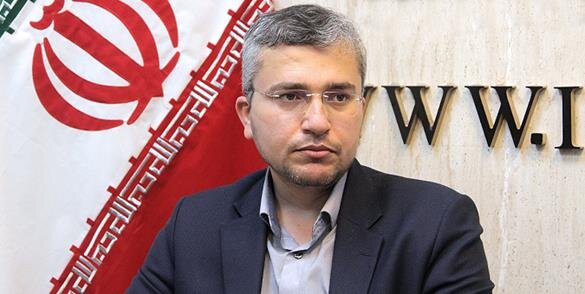MP: Agreement in Vienna not far-fetched

TEHRAN— A member of the National Security and Foreign Policy Committee of the Iranian parliament said on Sunday morning that reaching an agreement in Vienna “is not far-fetched”.
“The way to reach a good agreement for the Americans is to learn from their past behavior in dealing with the Islamic Republic of Iran and modify their policy of maximum pressure,” Ebrahim Rezaei told ISNA.
Referring to the new round of the Vienna talks, the MP said the solution to many differences between the two countries has been identified and reaching an agreement is not unlikely.
However, he said that there are two disputed issues.
“First, the Americans must ensure that the agreement remains in place and that the actions of the parties to the agreement can be verified,” Rezaei asserted.
He reiterated that guarantees and verification are the fundamental conditions of Iran.
“In a recent closed-door session of the Majlis (parliament), the foreign minister also stressed the need to meet these two conditions,” the MP asserted.
He then went on to explain that Iran views the agreement as a catalyst and facilitator of economic conditions, not the main reason for progress.
“Even if we reach an agreement, the main condition, which is to strive for a resilient economy and endogenous progress, must not be forgotten,” Rezaei highlighted.
The legislator added that after a possible agreement, balanced foreign economic diplomacy with neighbors and all countries should be considered in foreign policy.
Negotiations started last week after a ten-day hiatus as the chief negotiators returned to capitals for consultations.
European Union political director Enrique Mora, who coordinates the nuclear talks, has said the talks have reached a stage which entails political decisions by the negotiating partners.
Wang Qun, China’s representative at the Vienna talks, has said the negotiations are in the concluding stages.
He also said the Iranian negotiating team has returned to the talks with their final package.
On Friday, Mikhail Ulyanov, Russia’s lead negotiator, signaled progress in the talks.
Ulyanov also held talks with Iran’s chief negotiator Ali Bagheri Kani on Sunday.
“Very intensive consultations continue on Sunday in the course of the #ViennaTalks on JCPOA. In particular I had a productive meeting with the chief Iranian negotiator Dr. A. Bagheri Kani on the remaining outstanding issues,” the Russian diplomat tweeted.
Ulyanov also held talks with the chief negotiators of the U.S., Britain, Germany and France on Sunday.
“Yet another meeting with the U.S. Special Envoy for Iran Rob Malley at the final stage of the #ViennaTalks on #JCPOA,” he wrote.
